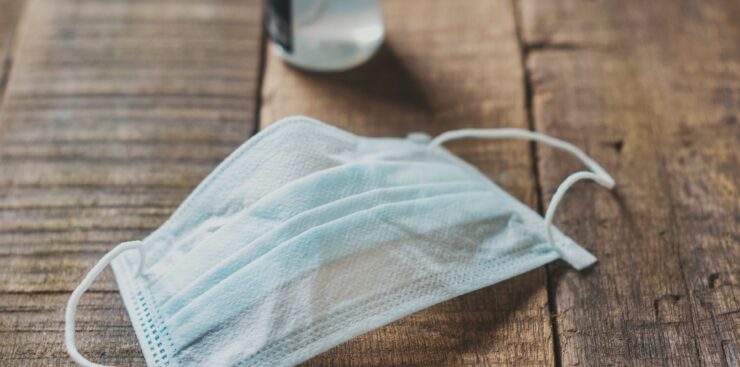We were asked to complete an online Health Declaration Form to help confirm whether we had COVID-19 symptoms, traveled to other countries, or had contact with other people while abroad. When the form was completed, a code appeared on the screen.
Before we arrived at the luggage area, we shared our names, contact information, and read the code to the quarantine center employees. And as soon as we finished collecting our luggage, we were served lunch and drinks before getting on the road to the quarantine center—People’s VI Police Intermediate School, located in Dong Nai. We were seemingly surrounded by interminable layers of trees and hills.
COVID-19 Quarantine
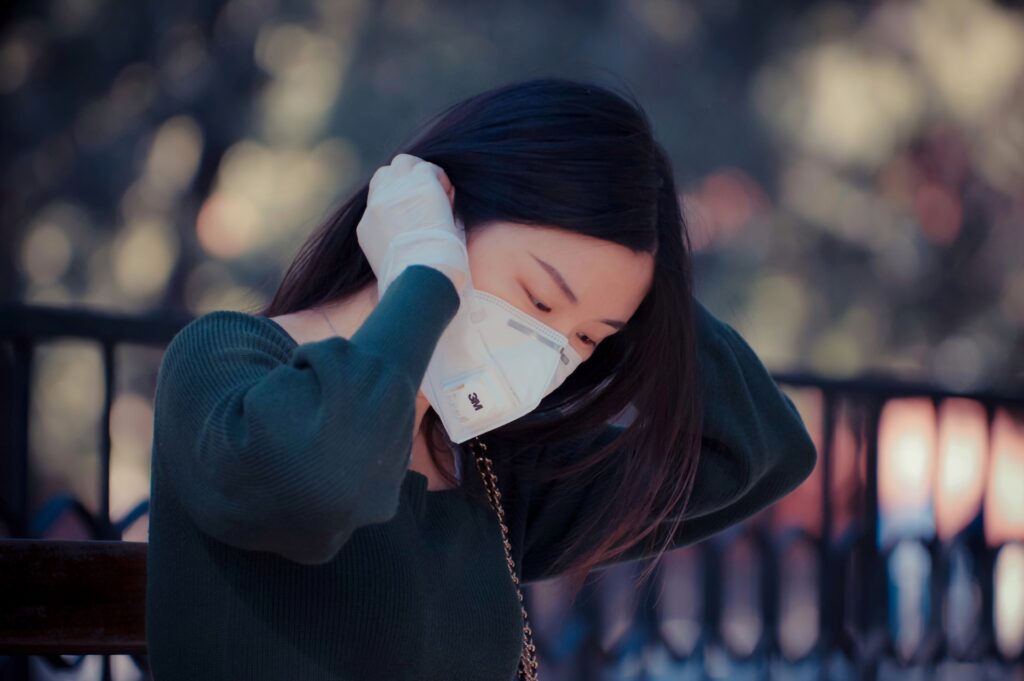
The quarantine center was disinfected thoroughly before and after our arrival. My room was on the second floor of building C. I stayed with 13 other people coming from different cities and provinces in the North. We were all provided with comfy beds with bed nets to prevent bugs, laundry soap, shampoo, a toothbrush, and toothpaste placed neatly in a basin underneath. The wooden beds each had a mat, a soft pillow, and a thin blanket. They were placed exactly two meters apart—preventing us and our personal belongings from coming into frequent contact.
My roommates and I hit it off right from the beginning. We got along with each other pretty well, even if it was mostly casual chit-chat amongst us.
Everyone woke up early the next day, probably from jet lag. My roommates were highly self-disciplined and spent the early morning re-organizing and cleaning the dusty room after our personal-hygiene routine to make it more comfortable.
Hungry for Home
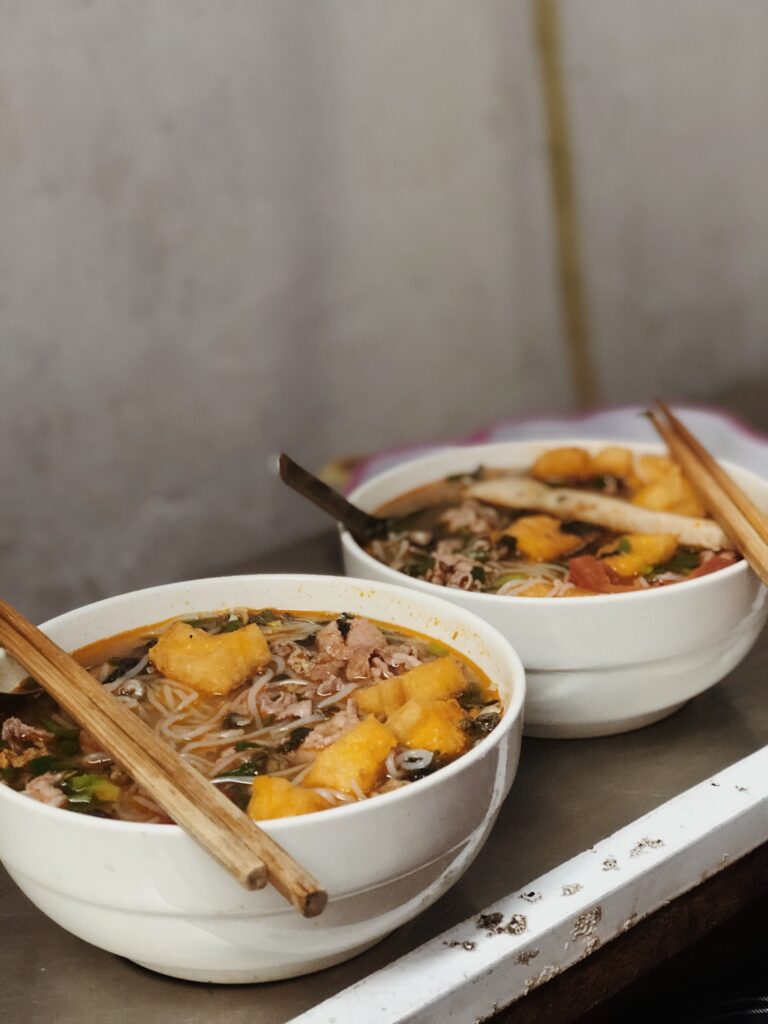
After that, breakfast—packed in was placed neatly on the table outside our room and we helped ourselves. It was bún bò Huế—the signature Hue dish with rice, vermicelli, and beef. It usually comes along with a spicy, salty broth and a powerful lemongrass flavor.
The Bún bò Huế in the quarantine center was moist after the being soaked with a little bag of flavorful sauce. It was far from what I often had back in Hanoi. However, I must admit it was a delightful taste.
During the next days at the center, the meals were repetitive—an endless assortment of fried noodles, fried rice vermicelli, or bread (stuffed with shredded meat or pork sausages) with two different sauces. Lunch and dinner were either caramelized pork and eggs or fish cooked with a sauce, sometimes stir-fried chicken with rice, vegetables, and soup.
Luckily, the cooks later alternated these limited options instead of cooking us fish for three consecutive days.
Life in Quarantine
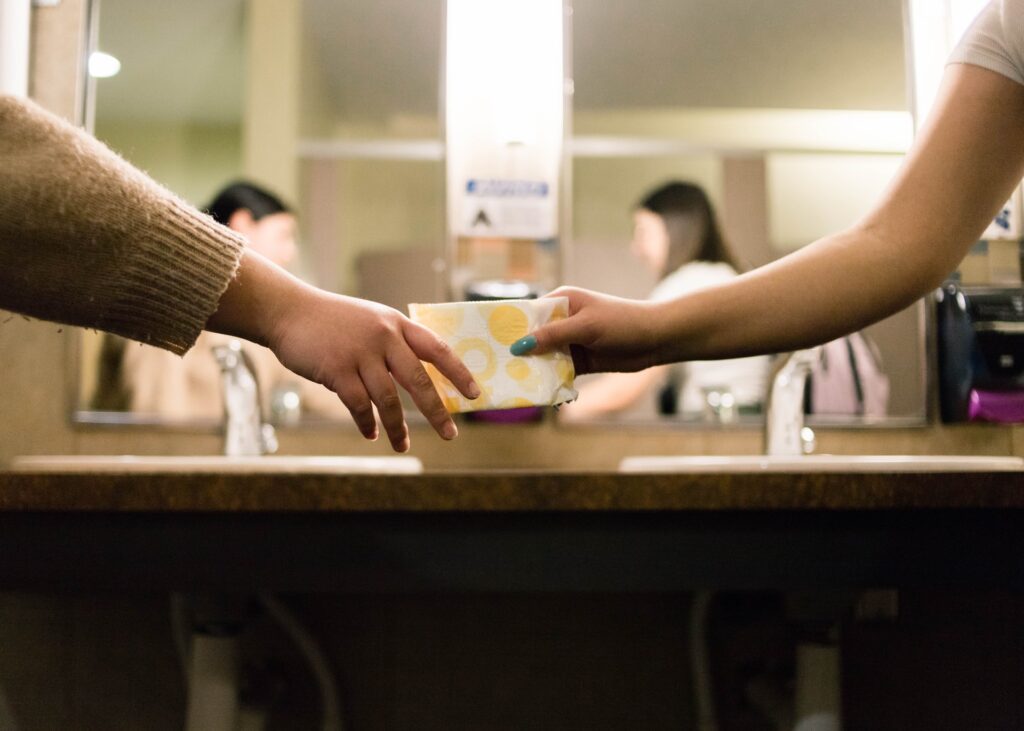
Another discomfort was the bathroom area. On my first day, the water ran out—we waited two hours for it to be turned back on again. The bathrooms were clustered, smelly, and full of bugs (especially after it rained), but I’d rather settle with that than having to bathe together with a bunch of strangers.
After I’ve finished bathing and washing my clothes, I always made sure to pour soapy water all over the floor of the bathroom, again and again, to get rid of any residue or smell so the next person would somehow feel more comfortable. The public Wash Closet section just behind our building was clean and in use during the first week, but they pasted a notice board on it the next week saying: “Exclusively for children, pregnant women and elders”.
The WC section next to the bathrooms was usually quite dirty, you’d have to squat down to use it, but I got used to that somehow.
The whole center was disinfected early morning and after dinner. The partisans and the nurses came to check on us daily wearing safety suits and keeping a safe distance. We had temperature checks twice every day. We were tested only one day after we arrived and two days before we were released.
The procedure was fast and only hurt a little when they inserted a stick into our throats and nostrils to get the sample. The results were announced through the speaker on the same day. A student in row 17 on the airplane tested positive and they immediately brought those who sat from row 17 to 28 (F1) to another center right after the results were announced where they would be tested again and receive intensive care if diagnosed.
Fast and Easy
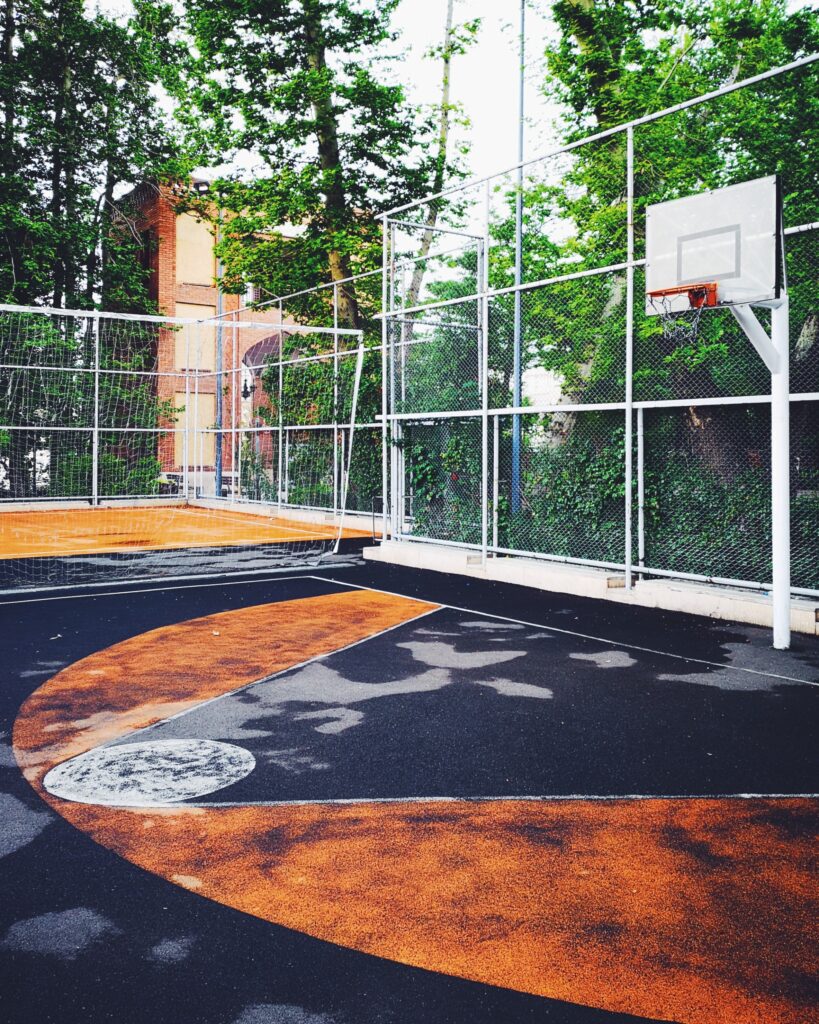
Life at the quarantine center went by fast and was easy. We didn’t have anything to do except for eating, sleeping, and doing our homework. Because it’s June, a lot of students here had already finished their courses, so they had nothing to worry about anymore. We spent our time working out, reading books, walking around the big basketball court, or playing games to avoid being lazy and bored. The managing team was very considerate and regularly played music or sang together at night to boost our spirits.
The cooperation between the people and the managing team was wonderful. Everyone complied with the center rules and helped the nurses, the partisans, and the managers. Our last day, when the final test results came through as all negative we figured there would be no harm in hosting a small football match together. We did, and it was great fun.
There were certain discomforts: the bathrooms, the food, the bugs, and the blistering weather. However, we were unphased when we saw the managing team’s effort. They kept on doing the absolute best they could for us until the very end.
Initially, I felt uneasy, but these things later engendered a bittersweet feeling: The pandemic doesn’t leave any country completely unaffected and hits under-developed countries like Vietnam harder than others. The shortcomings of an immobile economy meant that these were the very best accommodations my country can offer me, and I must admit, I am touched.
Limiting the Virus
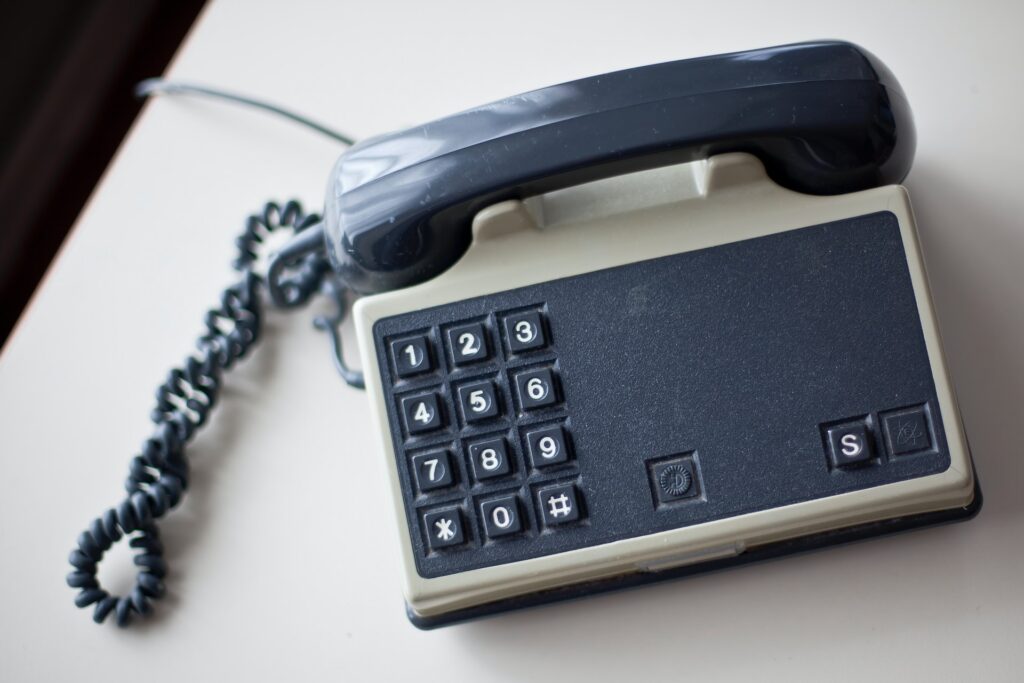
After I was released, the local committee phoned my grandparents, probably for the first time since… forever:
“Hello, this is the local committee speaking. Is Miss Tran Vu Tue Minh staying at your house?” The caller sounded like a policeman asking about some suspect on the run.
“Aye?!”—was Gramps’s startled response. He clearly wasn’t expecting this.
“We are informed that she returned from the UK on the 4th of June and has just been released from the quarantine center. We are provided with your home address.”
“Yes, yes, she’s here.”
“Thank you for your confirmation.”
Never underestimate the Vietnamese police capacity to track down an individual—no matter where they are. And never underestimate government restrictions either. While the system is irritating, it’s those limitations that ensure zero fatalities and only 349 cases, with 326 of them fully recovered, in my country, Vietnam.

